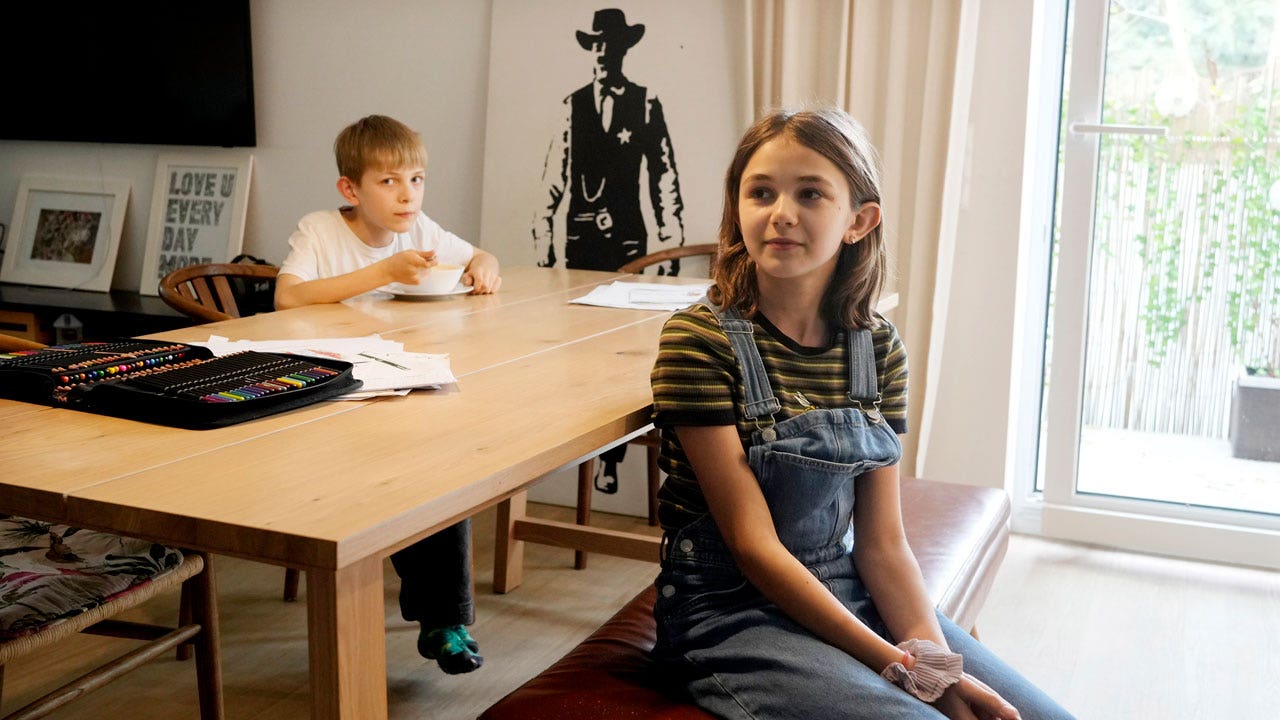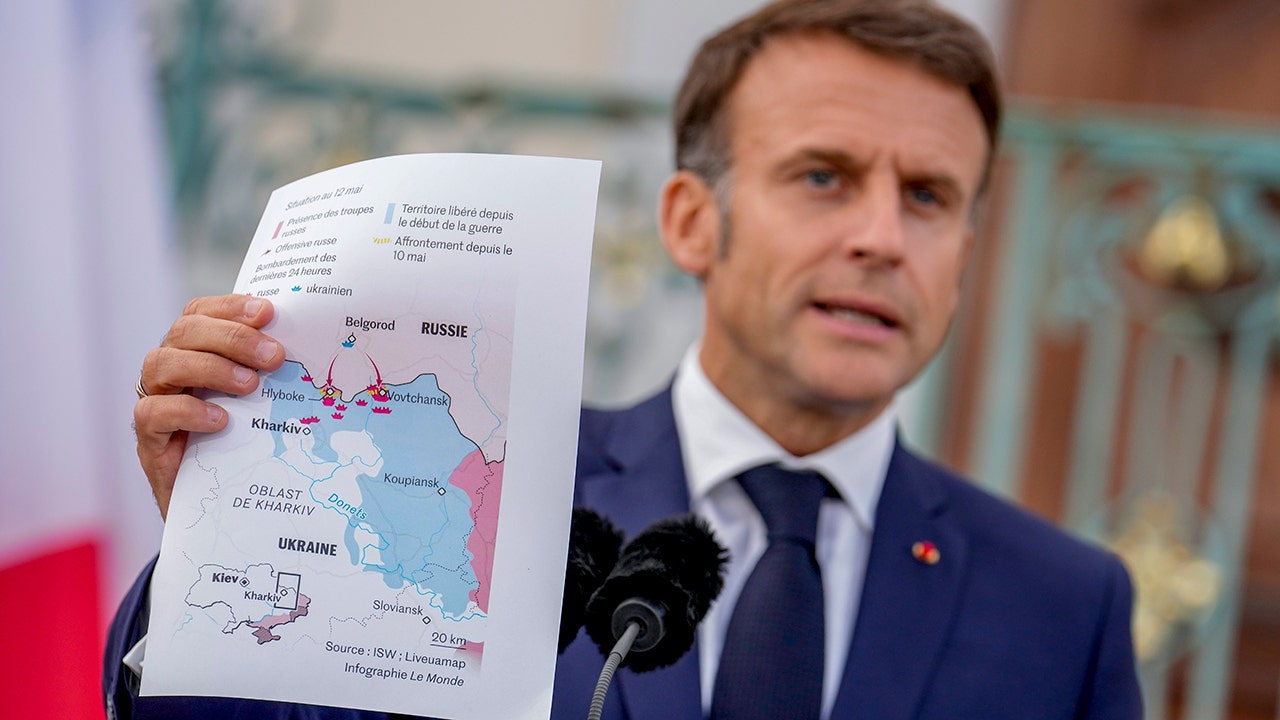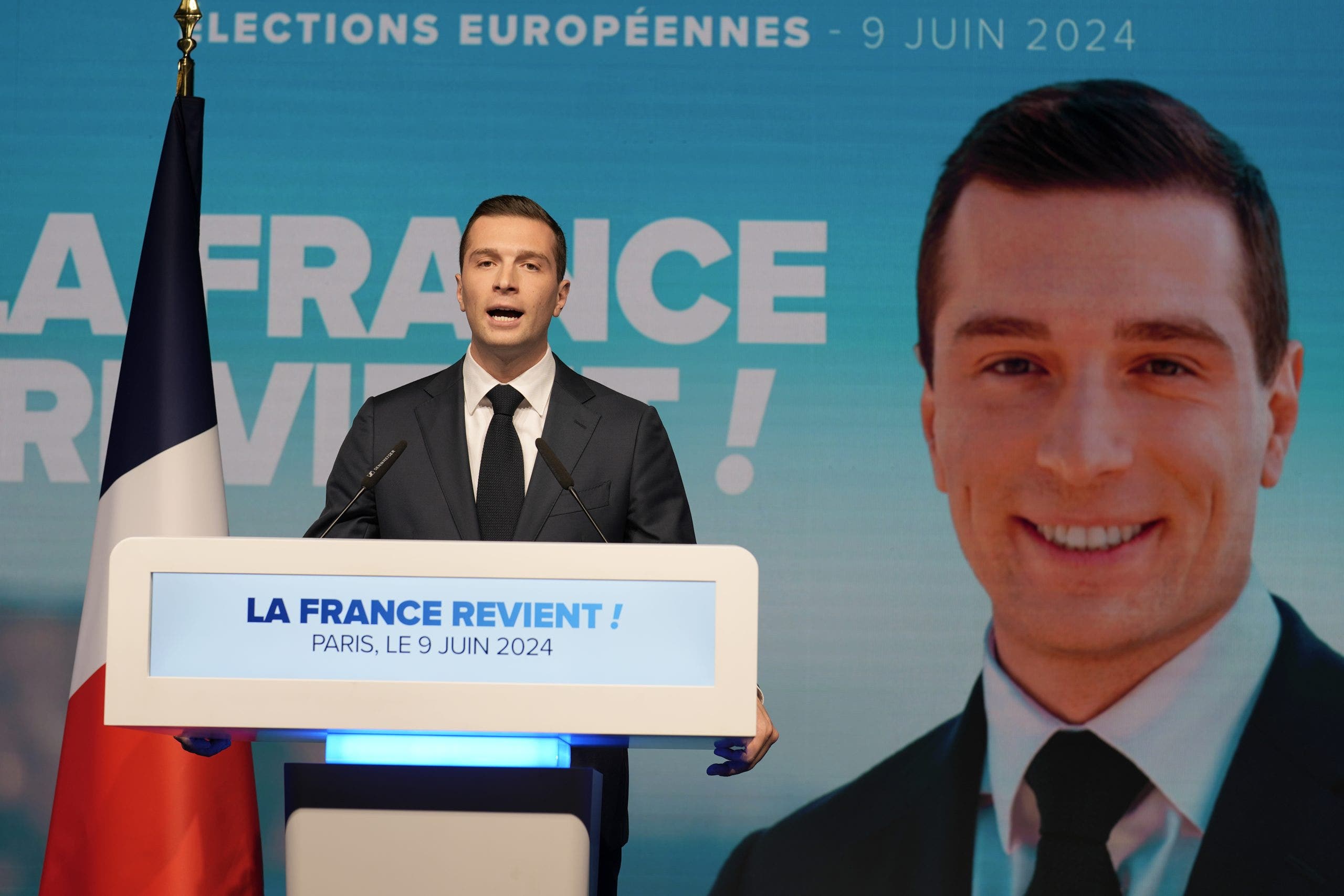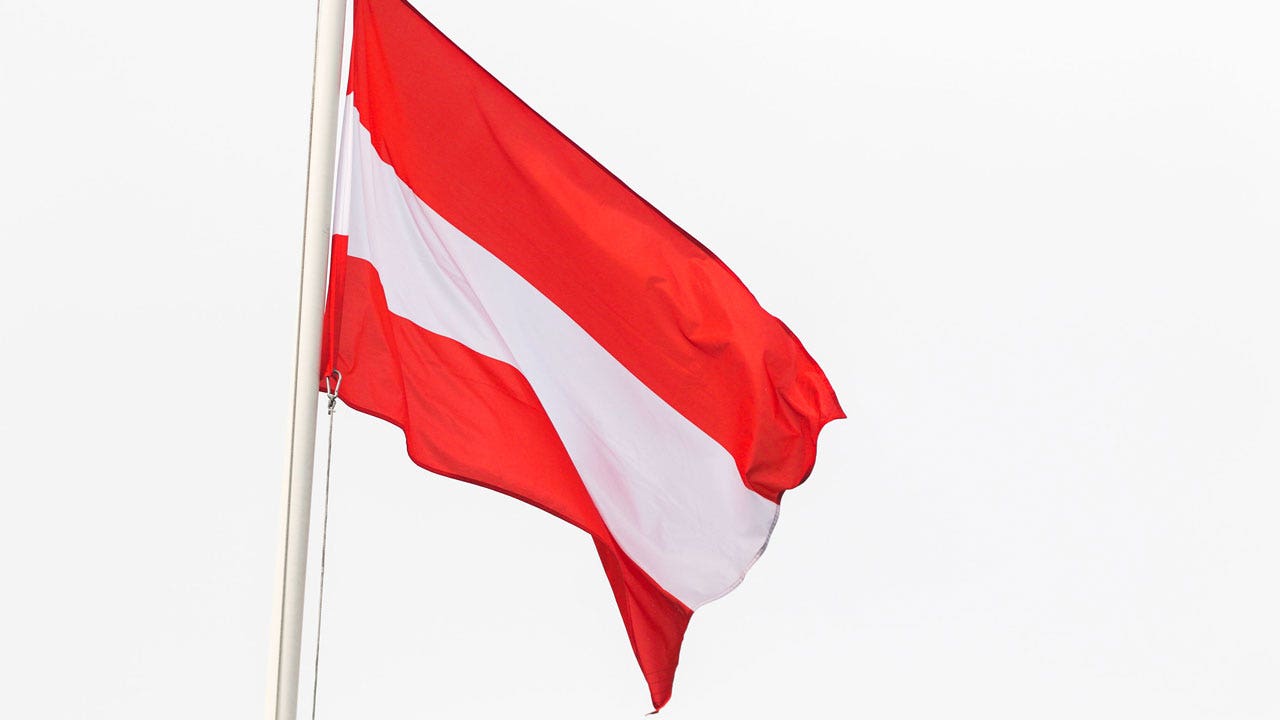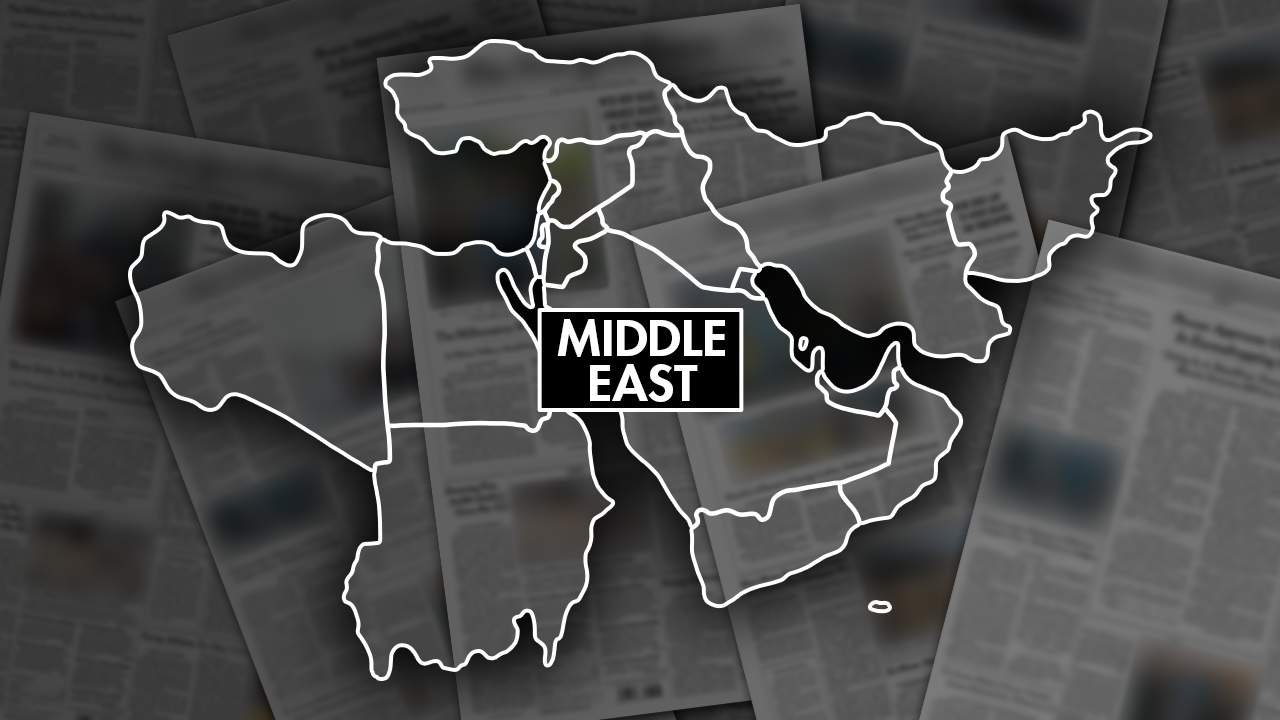Jordan Bardella, the president of France’s far-right National Rally, insisted at a news conference on Monday that he would be a prime minister for all French people if his party won the country’s upcoming snap elections, even as he defended his party’s proposal to bar French citizens with dual nationalities from certain “sensitive” jobs.
Mr. Bardella spent much of the event focusing on his priorities should he become prime minister — drastically reducing immigration, toughening sentences for those convicted of certain crimes and lowering energy prices — if his nationalist party won a snap election for France’s lower house of Parliament. The election was called this month by President Emmanuel Macron and is being held in two rounds, on June 30 and July 7.
“We are ready,” Mr. Bardella told journalists at a marble-adorned venue in a plush neighborhood of Paris, as he sought to dispel criticism from Mr. Macron and from a new alliance of left-wing parties that the National Rally is unfit and unworthy to govern.
While the National Rally is leading in the latest polls, ahead of the left-wing alliance and of Mr. Macron’s centrist alliance, it is unclear if the party will win enough of the lower house’s 577 seats to secure an absolute majority and form a government.
Mr. Macron, who has three years left in office, has the power to appoint the prime minister. But the lower house could override his choice — making it all but certain he would have to appoint Mr. Bardella if the National Rally won the elections. That, in turn, would enable Mr. Bardella to form a cabinet and to govern France, blocking Mr. Macron’s domestic agenda and potentially disrupting his defense and foreign policies, which are traditionally but not exclusively presidential prerogatives.
But a hung Parliament with no clear majority could lead to months of instability or gridlock, as Mr. Macron cannot call new legislative elections for another year and has ruled out resigning.
Mr. Bardella dismissed the centrist coalition’s chances of mustering a majority. But he also said he would agree to become prime minister only if his party and its allies had an absolute majority.
“I won’t go to Matignon for personal glory, to say I spent 15 days there, and then be toppled by a no-confidence vote,” Mr. Bardella said, referring to the prime minister’s residence. “I want power that I can exercise.”
But his acknowledgment that his government would single out people with dual citizenship and bar them from certain jobs — even if only in niche situations — raised worries. Critics are concerned that a nationalist government could potentially target some citizens and restrict their rights based on their origins, breaking with France’s universalist promise to treat all equally.
In a letter published by France’s regional press on Sunday, Mr. Macron said the far right “divides the nation” by making a distinction between “those it calls real French people” and those it deems French only because of their “papers.”
In 2022, Marine Le Pen, the National Rally’s perennial presidential candidate, dropped a pledge to make it illegal for French people to hold another citizenship. But the concept of “national preference” — giving French citizens favored treatment over foreigners for certain government jobs, benefits or subsidies — is still central to the party’s platform. Ms. Le Pen has in the past expressed support for barring dual nationals from millions of civil service jobs.
Mr. Bardella, who insisted on Monday that “not a single French person will see their rights removed,” argued that the latest proposal would apply only to a very small number of jobs in “strategic” defense or security, although he did not say which ones. He called it a common-sense measure to prevent foreign interference and noted that a similar rule already applies to foreigners.
In the current climate, he asked, “Could you imagine a Franco-Russian working at the defense ministry?”
Under Ms. Le Pen, who was president of the National Rally from 2011 to 2021, the party was close to the Russia of President Vladimir V. Putin. It has since condemned Russia’s full-scale invasion of Ukraine, but has repeatedly opposed sanctions on some Russian imports and rejected the possibility of Ukraine’s joining the European Union or NATO.
On Monday, Mr. Bardella called Russia a “multidimensional” threat for France and said he would be “extremely vigilant” about Russian interference.
“I have no intention of calling into question France’s commitments, which would be likely to weaken France’s voice and the credibility of our country on the international stage,” he said when asked about support for Ukraine.
But he also staked out “red lines” — sending Western troops to Ukraine and giving Ukraine weapons with the ability to strike inside Russia — that set him apart from Mr. Macron. Mr. Bardella’s stance might herald a foreign policy clash with Mr. Macron if he becomes prime minister. Mr. Bardella has said he would be “respectful” but “uncompromising” in his attitude toward the president.
Mr. Bardella also rejected accusations that he had backtracked on key campaign pledges, although he acknowledged that emergencies would take precedence and other promises would be postponed.
He promised to lower a sales tax on energy, like fuel and gas, and to negotiate a French exemption from rules governing the European Union’s joint electricity market. He vowed to reinstate minimum sentencing for offenses, eliminate hurdles to deporting illegal immigrants and abolish the right for children born in France to foreign parents to automatically become French citizens when they turn 18.
Mr. Bardella said he would work on overhauling Mr. Macron’s pension reform, which last year raised the legal age of retirement to 64, from 62. That, he cautioned, would take time, but he said that those who started working before they turned 20 would under certain conditions be able to retire with a full pension at 60 as soon as next fall.
How he would accomplish his plans was sometimes murky. Asked repeatedly how he would make up for a shortfall of seven billion euros ($7.5 billion) in revenue created by lowering energy sales taxes, he mentioned possibilities, like renegotiating France’s contribution to the European Union budget, but did not say how much any of them would yield.
Whether voters will worry about those details is unclear, after a frantic campaign that has rocked French politics. After seven years in office, Mr. Macron is a polarizing figure whose centrist coalition is fraying, as major politicians who have been close to him suggest that they need to chart a new, more independent course for the 2027 presidential election, in which Mr. Macron cannot run.
Gérald Darmanin, Mr. Macron’s longtime interior minister, has already said that he would resign if the National Rally or the New Popular Front won. Édouard Philippe, Mr. Macron’s former prime minister, said bluntly last week that the French president had “killed” their existing majority — a significant but not absolute one — by dissolving the lower house.
“I’ve known Édouard Philippe for an extremely long time, and we said to each other that we needed to build something else tomorrow,” Mr. Darmanin told LCI television on Sunday when asked about a recent meeting between the two. “We need to build what will undoubtedly enable us to win in 2027.”

